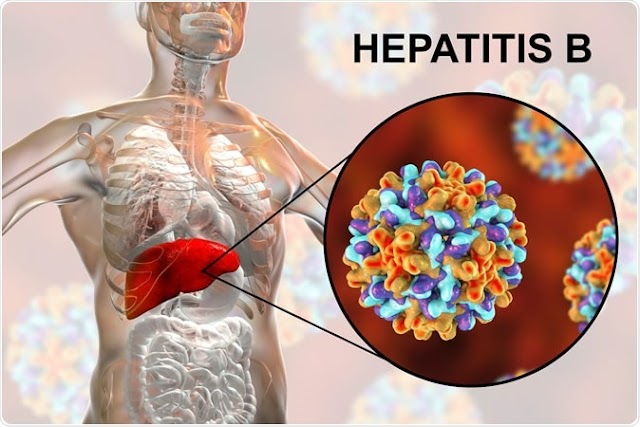There are many different types of cancer, each with its specific characteristics and treatment options.
The most common types of cancer include:
Lung cancer: cancer that forms in the lung tissue
Breast cancer: cancer that forms in the breast tissue
Prostate cancer: cancer that begins in the prostate gland
Colon cancer: cancer that starts in the colon or rectum
Leukemia: cancer that begins in the blood cells
Skin cancer: cancer that starts in the skin cells
Bladder cancer: cancer that begins in the bladder
Ovarian cancer: This cancer starts in the ovaries
Pancreatic cancer: cancer that forms in the pancreas
Thyroid cancer: cancer that begins in the thyroid gland
Symptoms of cancer can vary depending on the type and stage of cancer.
Some common symptoms include:
- Persistent fatigue
- Unexplained weight loss
- Pain
- Lumps or masses
- Changes in the skin, such as color or texture changes
- Changes in bowel or bladder habits
- Persistent cough or difficulty breathing
Treatment options for cancer vary depending on the type and stage of cancer.
Some common treatments include:
Surgery: removal of the cancerous tissue
Radiation therapy: use of high-energy radiation to kill cancer cells
Chemotherapy: use of drugs to kill cancer cells
Immunotherapy: use of drugs to boost the body's immune system to fight cancer
Targeted therapy: use of drugs to target specific molecules in cancer cells
Frequently Asked Questions about Cancer:
What causes cancer?
Various factors, including genetic mutations, environmental factors, and lifestyle choices, can cause cancer.
How can I prevent cancer?
While it is impossible to prevent cancer entirely, you can reduce your risk by maintaining a healthy diet and exercise routine, not smoking, and limiting alcohol consumption.
Can cancer be cured?
It depends on the type and stage of cancer and the patient's overall health. Some types of cancer can be cured entirely, while others may be managed and controlled with treatment.
What are the early signs of cancer?
Early signs of cancer can include:
- Unexplained weight loss.
- Persistent fatigue.
- Pain.
- Lumps or masses.
- Changes in the skin.
- Changes in bowel or bladder habits.
- Persistent cough or difficulty breathing.
What is the survival rate for cancer?
The survival rate for cancer varies depending on the type and stage of cancer. Some types of cancer have a high survival rate, while others have a lower survival rate.
What are the side effects of cancer treatment?
Side effects of cancer treatment can include fatigue, nausea, vomiting, hair loss, and changes in the skin.
Is cancer contagious?
Cancer is not contagious and cannot be spread from person to person.
How do doctors diagnose cancer?
Cancer is diagnosed through various tests, including blood tests, imaging tests, and biopsies.
Can cancer be treated with alternative therapies?
Some alternative therapies may be used with traditional cancer treatments. Still, it is essential to consult with a medical professional before starting any alternative treatment.
Can cancer come back after treatment?
Cancer can come back after treatment, known as recurrence, but it depends
Explain types of cancer
There are several types of cancer, each with its specific characteristics and treatment options. Some of the most common types of cancer include:
Carcinomas: This type of cancer originates in the epithelial cells, which are the cells that line the surface of the body's organs and tissues. Carcinomas include cancers such as breast cancer, lung cancer, and colon cancer.
Sarcomas: This type of cancer originates in the connective tissue, such as bone, muscle, and fat. Sarcomas include cancers such as osteosarcoma and liposarcoma.
Leukemia: This cancer originates in the blood cells and bone marrow. Leukemia can be either acute or chronic and affect both children and adults.
Lymphomas: This type of cancer originates in the lymphatic system, a network of vessels and organs that help fight infection and disease. Lymphomas include cancers such as Hodgkin's lymphoma and non-Hodgkin's lymphoma.
Melanomas: This type of cancer originates in pigment-producing skin cells called melanocytes. Melanomas are the most dangerous type of skin cancer.
Central nervous system (CNS) cancers originate in the brain and spinal cord. CNS cancers include cancers such as gliomas and meningiomas.
Germ cell tumors: This type of cancer originates in the cells that produce eggs or sperm. Germ cell tumors include cancers such as testicular cancer and ovarian cancer.
Each type of cancer has unique symptoms, causes, and treatment options. It is essential to consult with a medical professional for a proper diagnosis and treatment plan.











0 Comments